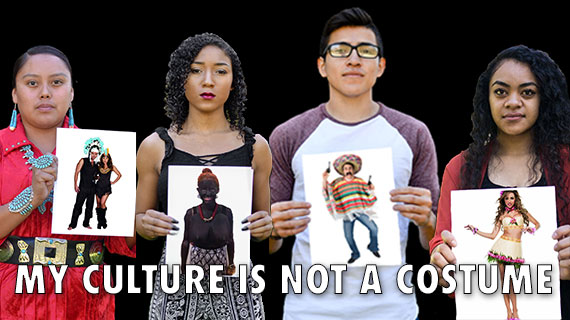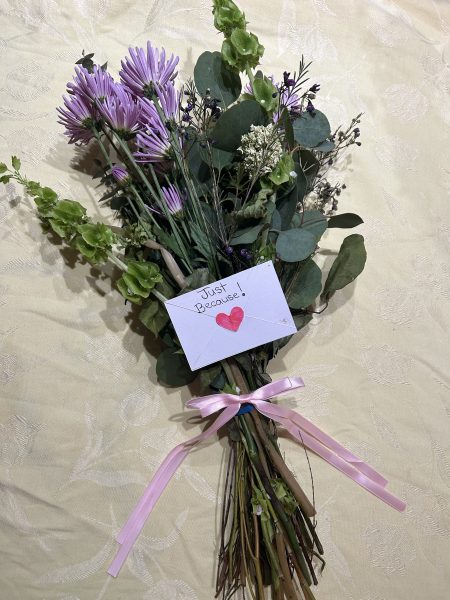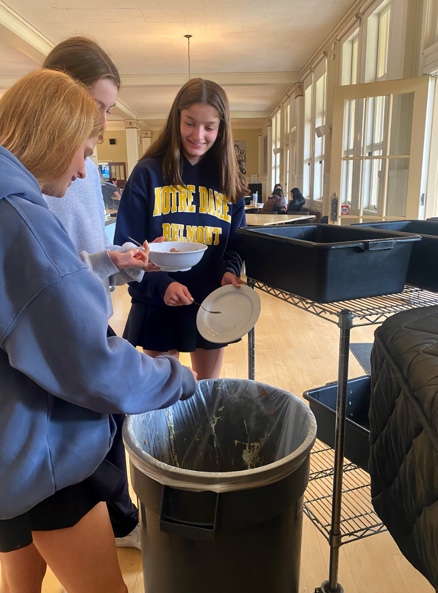My culture is not a costume

The Catalyst / SUU
Original ‘My Culture is Not a Costume’ Campaign from 2017
Halloween is the one night a year where anyone could be anything. People dress up as celebrities, animals, objects, anything. However, there is a line that people should not cross: dressing up in someone else’s culture. This includes traditional Native American dresses, Japanese kimonos, or Spanish Campeche skirts.
Dressing up in someone else’s culture not only stereotypes their identity, but it minimizes them to clothing. As someone with Vietnamese heritage, I have witnessed this, but not to the extent of others. I have seen pictures online of girls wearing an ao dai for Halloween, the traditional garment for formal occasions. Rather than enjoying the beautiful culture, they turn into a stereotype, complete with an accent that is not only insulting but terribly dehumanizing as well.
This is not to say do not celebrate our culture. There is a difference between cultural appropriation and appreciation. Appreciation means there is an intent to understand and respect the culture and customs. Not only do people who practice cultural appreciation get the benefit of not being racist, but they are also able to gain a different perspective than if they just used the shallow window of comprehension that cultural appropriation provides.
Our culture is not something to mock or make fun of. The face that someone puts on for one night is the face we have to wear for the rest of our lives. The challenges that one pretends to understand are the ones that we must live through.
When dressing up this year, please consider the repercussions. Will it hurt someone? It is offensive? There are so many things to dress up as, and my culture is not one of them.

Brooke Horvai is a member of the Class of 2022 at Notre Dame High School in Belmont, CA (NDB). She is the assistant opinion editor for the school newspaper,...




